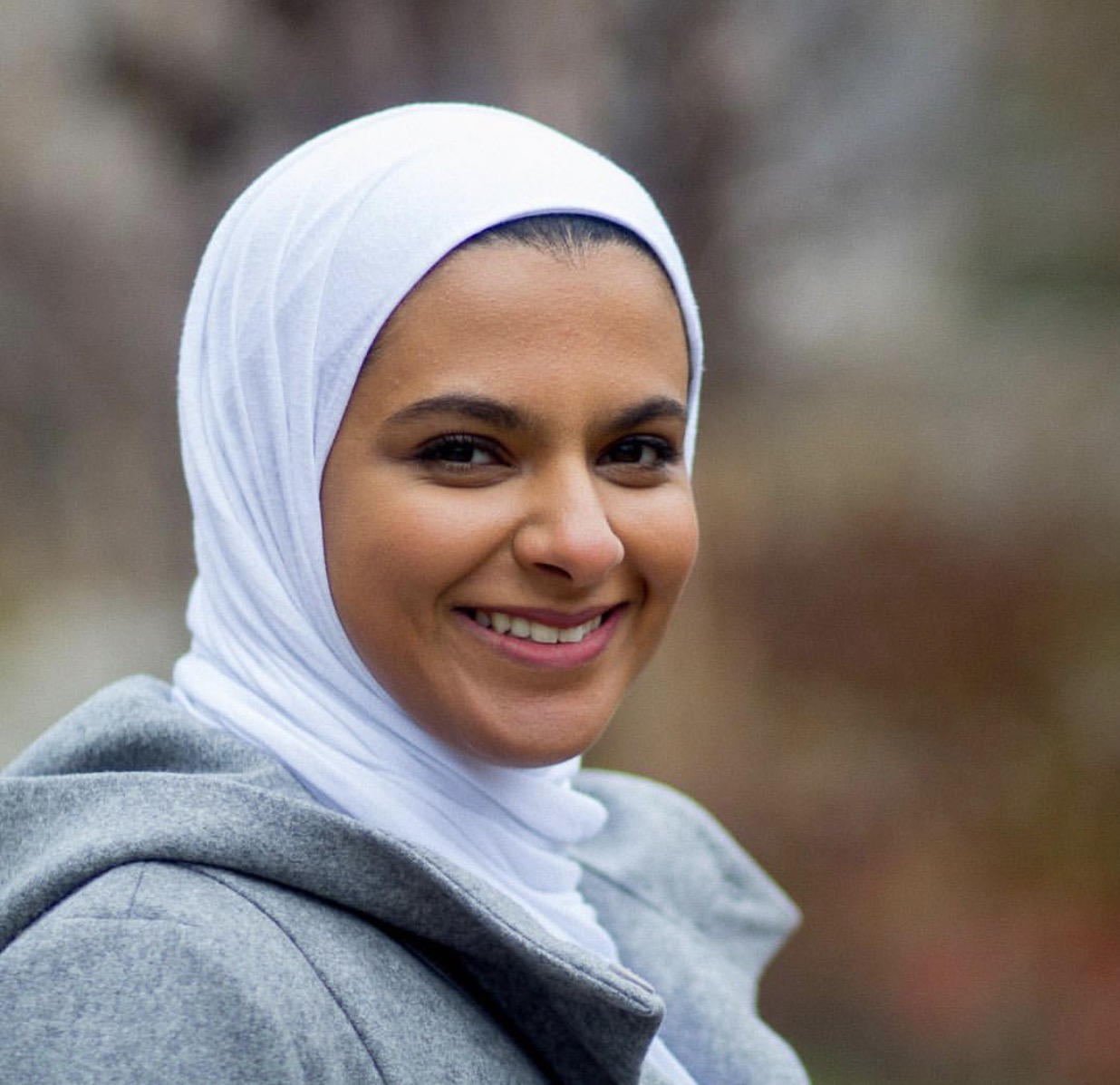
Lulwah AlKulaib
PhD Candidate,Computer Science,Virginia TechHome
I am a Computer Science PhD candidate at the Virginia Tech -National Capital Region campus, advised by Chang-Tien Lu.
Research Interests
My research develops models with applications to social media analysis, low-resource languages, and public health.
My current research combines the previous experience gained in research positions and my interests in Natural Language Processing, Machine Learning, and Deep Learning.
Keywords: Natural Language Processing, Machine Learning, Low-resource Languages, Social Networks, Misinformation Detection, Behavioral Modeling, Impairments, and Disabilities
Education
BS in Computer Science,
2011, Kuwait
MS in Computer Science,
2018, Washington, DC
PhD Candidate in Computer Science
Ongoing, Falls Church, VA
Experience
Kuwait Institute for Scientific Research (KISR)
Programmer - Shuwaikh, Kuwait - 2012-2018
I worked as a programmer in Technology Applications for Special Needs Section, where I, among a team, provided technical support to people with disabilities. We developed software, created Arabic interfaces to existing ones, customized software according to the needs of the user, and built systems with the associated hardware. We also conducted research on each project and presented our output in publications.
BEM Controls, Advanced Research Institute – Virginia Tech
Summer Intern - Arlington, VA - 2017
While pursuing my MS degree at GWU, I interned at BEM Controls for three months in the summer of 2017. I worked on developing a mobile application for both iOS and Android using ReactNative for their existing software platform for building energy management.
Public Institution for Social Security (PIFSS)
Trainee - Kuwait City, Kuwait 2011- 2012
After completing my undergraduate degree, I joined the Kuwaiti IBM Workforce Development Initiative Program at the Public Institution for Social Security, where we were trained by IBM employees in web and mobile development. Over the training, we have developed and deployed the PIFSS mail and document tracking system.
Publications
L. AlKulaib, A. Alhamadani, S. Sarkar, and C.T. Lu, “HyperTwitter: A Hypergraph-based Approach to Identify Influential Twitter Users and Tweets,” Proceedings of the 2022 IEEE International Conference on Big Data (IEEE BigData), 2022.
L. AlKulaib, Y. Sun, L. Zhang, and C.T. Lu, “Twitter Bot Identification: An Anomaly Detection Approach,” Proceedings of the 2022 IEEE International Conference on Big Data (IEEE BigData), 2022.
A. Alhamadani, S. Sarkar, L. AlKulaib, and C.T. Lu, “DOD-Explainer: Explainable Drug Overdose Deaths Predictor from Crime and Socioeconomic Data,” Proceedings of the 2022 IEEE International Conference on Big Data (IEEE BigData)-Special Session on HealthCare Data, 2022.
S. Sarkar, A. Alhamdani, L. Alkulaib, and Chang-Tien Lu, “Predicting Depression and Anxiety on Reddit: A Multi-task Learning Approach,” Proceedings of the 2022 IEEE/ACM International Conference on Advances in Social Networks Analysis and Mining (ASONAM), 2022.
A. Alhamadani, S. Sarkar, L. AlKulaib, and C.T. Lu, “PRISTINE: Semi-supervised Deep Learning Opioid Crisis Detection on Reddit,” Proceedings of the 2022 IEEE/ACM International Conference on Advances in Social Networks Analysis and Mining (ASONAM), 2022.
A. Alhamadani, S. Sarkar, L. AlKulaib, and C.T. Lu, “Forecasting High-risk Areas of COVID-19 Infection Through Socioeconomic and Static Spatial Analysis.” 2021 IEEE International Conference on Big Data (Big Data), 4313–4322, 2021.
L. Alkulaib, A. Alhamadani, T. Ji, and C.-T. Lu, “Collect Ethically: Reduce Bias in Twitter Datasets,” Annual International Symposium on Information Management and Big Data, 106–114, 2019.
D. A. Broniatowski, A. M. Jamison, S. Qi, L. AlKulaib, T. Chen, A. Benton, … M. Dredze, “Weaponized health communication: Twitter bots and Russian trolls amplify the vaccine debate,” American journal of public health, 108(10). 1378–1384, 2018.
S. Qi, L. AlKulaib, and D. A. Broniatowski, “Detecting and characterizing bot-like behavior on Twitter,” International conference on social computing, behavioral-cultural modeling and prediction and behavior representation in modeling and simulation, 228–232, 2018.
L. A. AlKulaib, “Twitter Bots Multiclass Classification Using Bot-Like Behavior Features,” Unpublished master’s thesis, The George Washington University, 2018.
R. Pless, R. Begtrup, L. Alkulaib, S. Counts, J. Harnett, J. Manning, … D. Broniatowski, “Recognizing images of eating disorders in social media.” SMM4H@ AMIA, 2017.